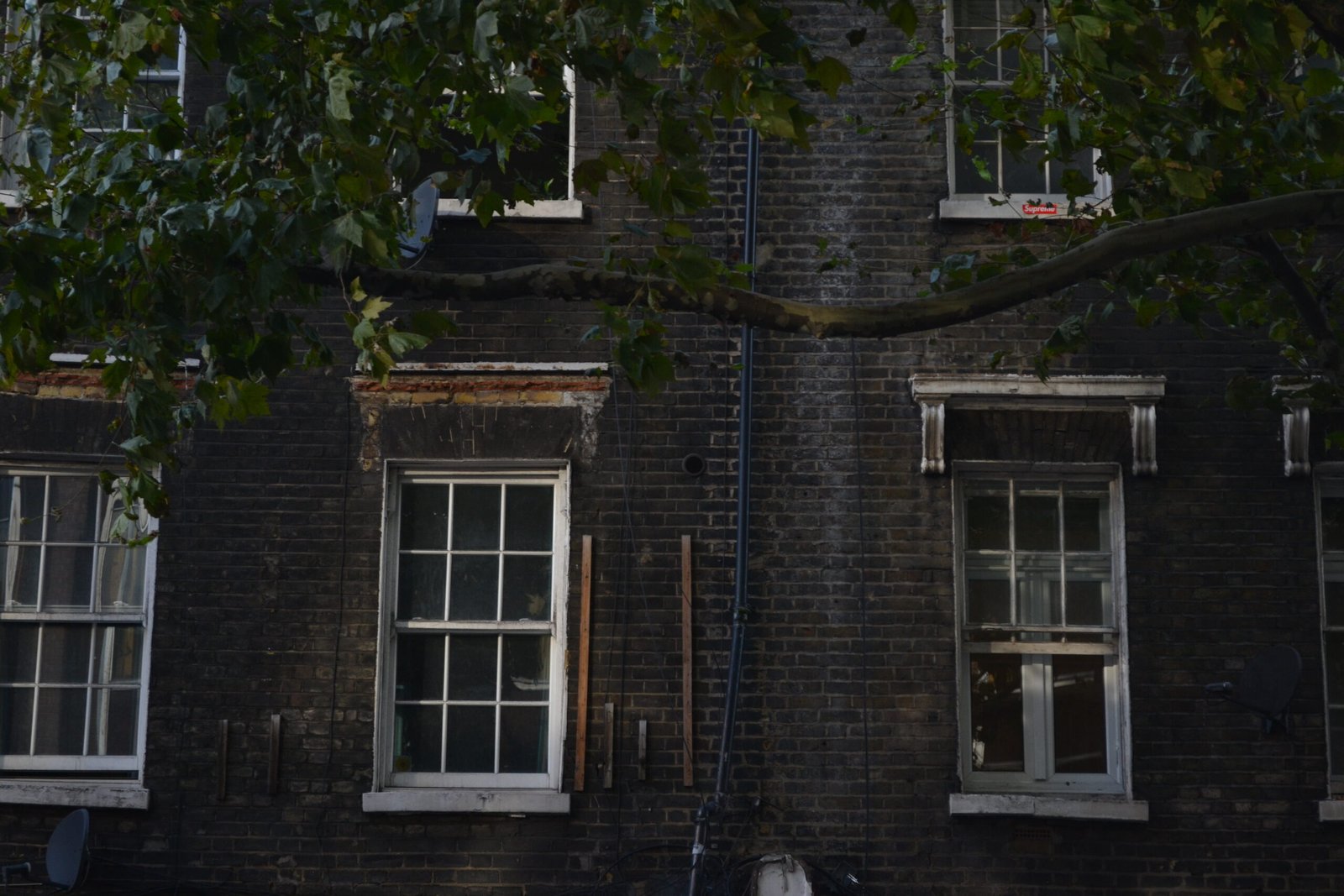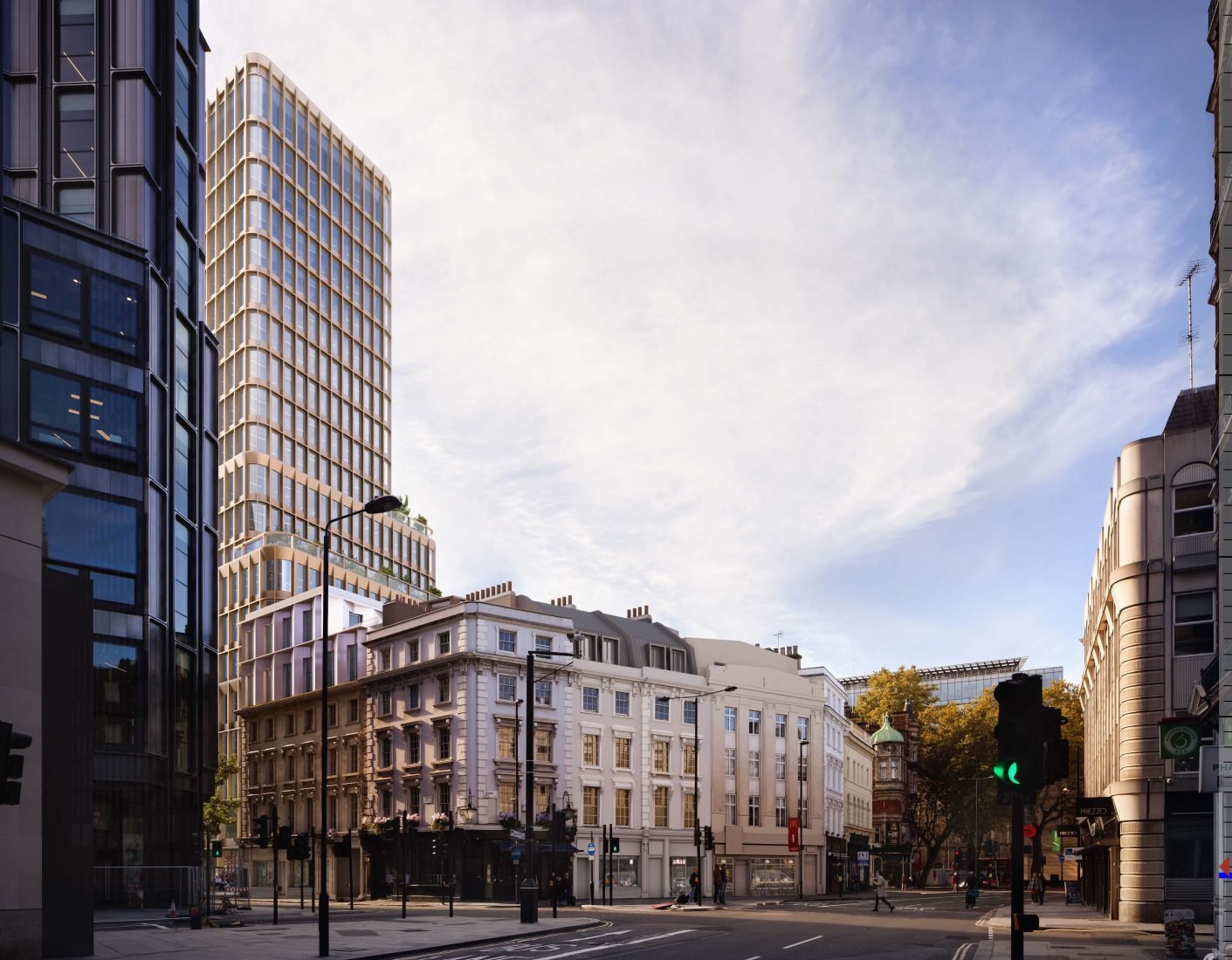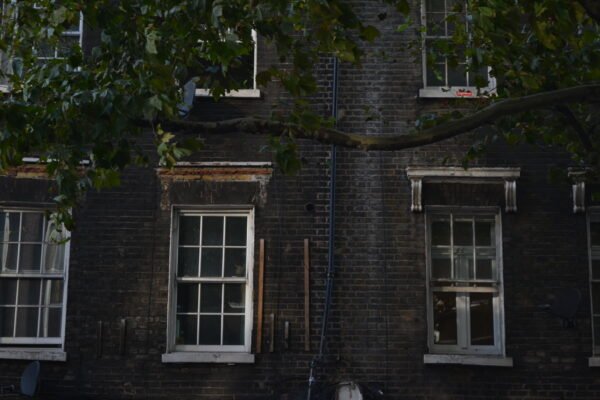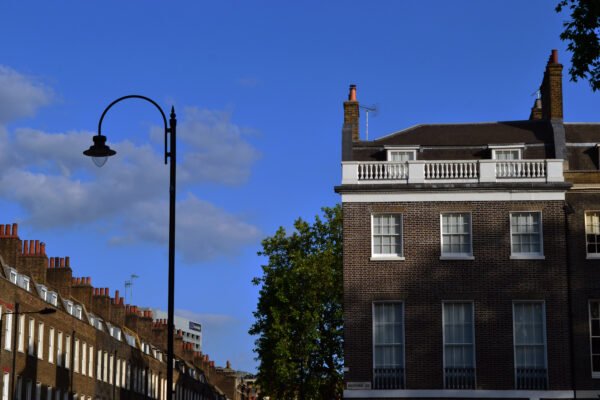Latest
Resources
Our Conservation Areas
We cover seven conservation areas in the heart of historic London as an advisory committee, comprising all of Camden's Central London area, with the exception of Hatton Garden. Many of our conservation areas are children of the Bloomsbury Conservation Area or are in some way related to it.
We are consulted with on all changes to our conservation areas, and report on planning breaches in the area, while also supporting residents in heritage-based objections to applications in their neighbourhood.
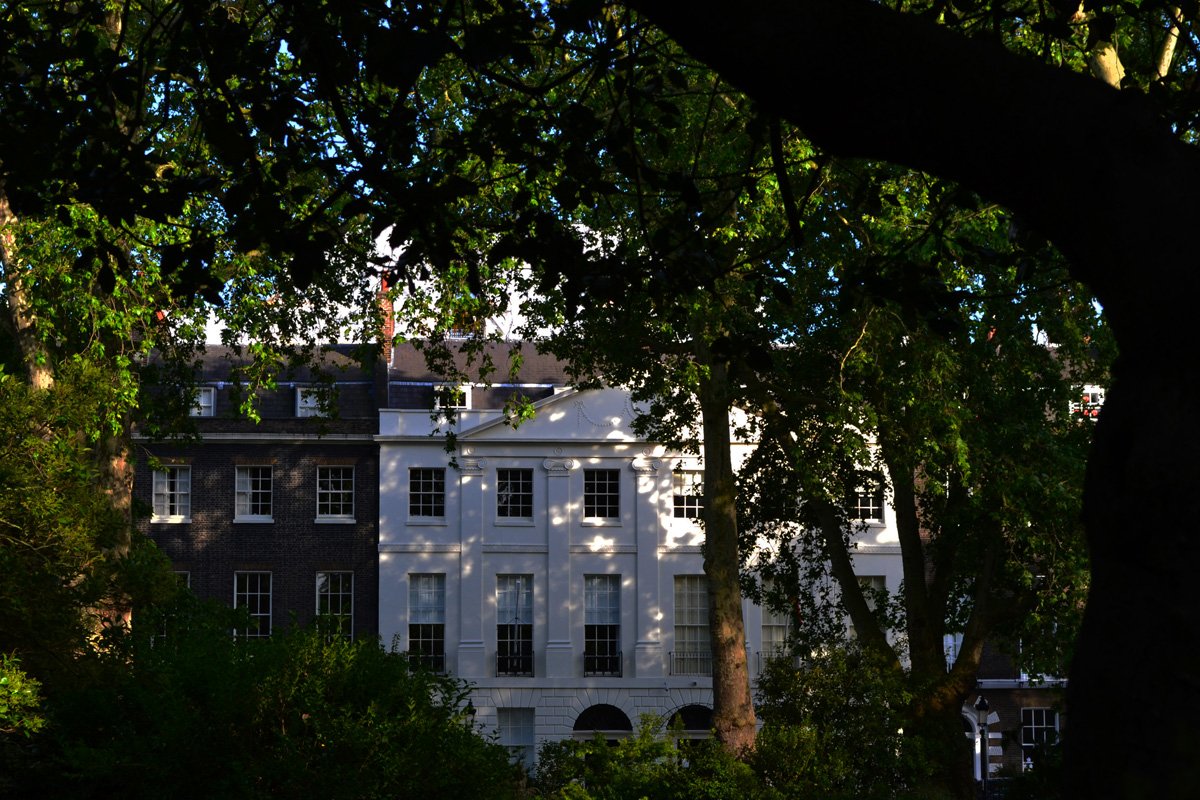
Bloomsbury
One of the country's most significant conservation areasThe Bloomsbury Conservation Area was designated in 1968, just a year after conservation areas were created with the Civic Amenities Act 1967. It is often referred to as an internationally significant example of town planning, with its garden squares, Georgian terraces, and grand buildings being world-famous.
Despite being a heritage asset of international importance, the Bloomsbury Conservation Area is under immense threat from irreperable harm due to overdevelopment, and is one of our most at-risk conservation areas.
- Designated: 1968
- Significance: Exceptional
- Threat Level: High
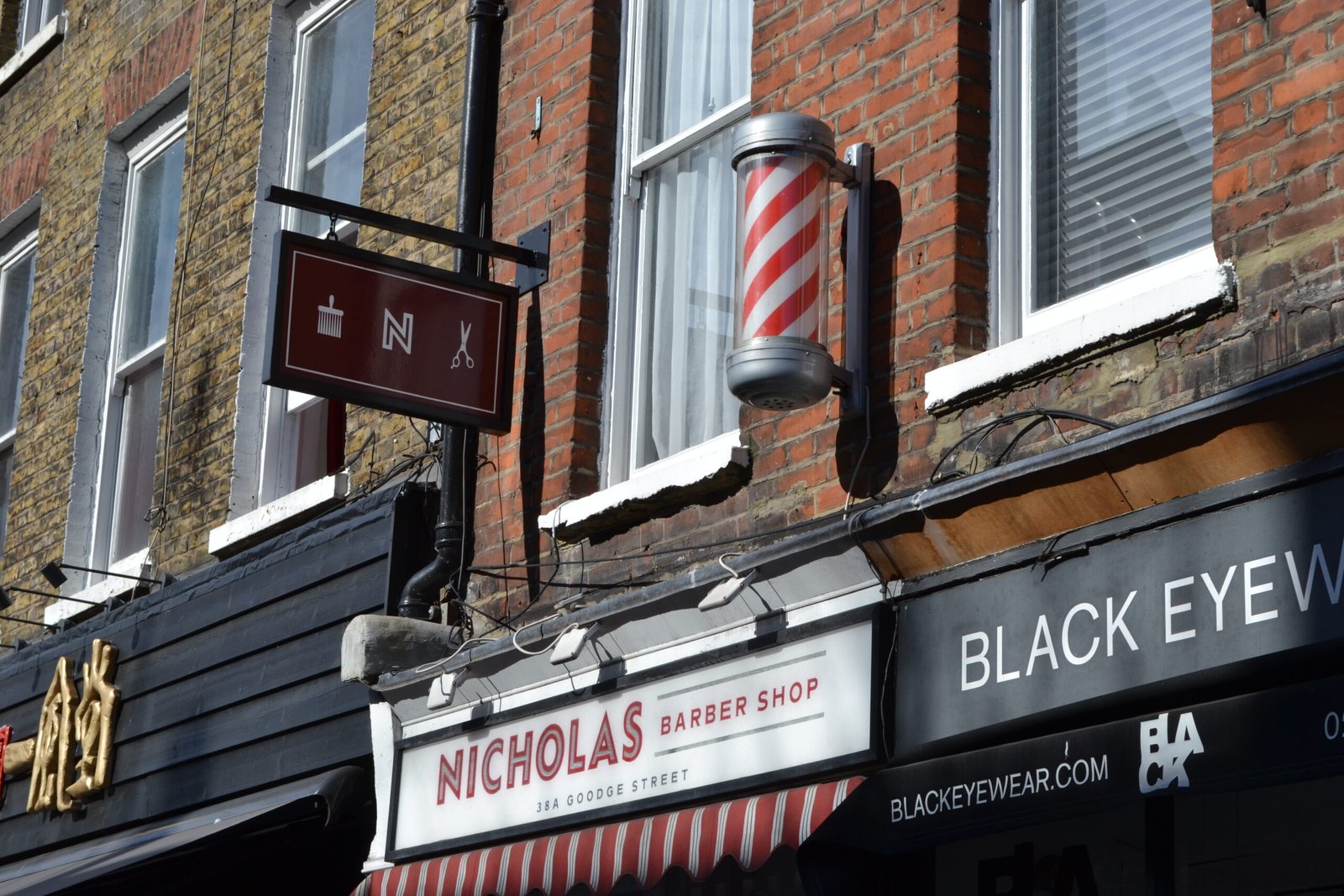
Charlotte Street
A dynamic and densely packed conservation area in the heart of FitzroviaThe Charlotte Street Conservation Area makes Fitzrovia what it's famous for. Packed with Georgian terraces with varied independent businesses trading on the ground floors, it is an interesting place to be and to live. It unfortunately has suffered in recent years from a lack of investment in the public realm.
- Designated: 1972
- Significance: High
- Threat Level: Medium
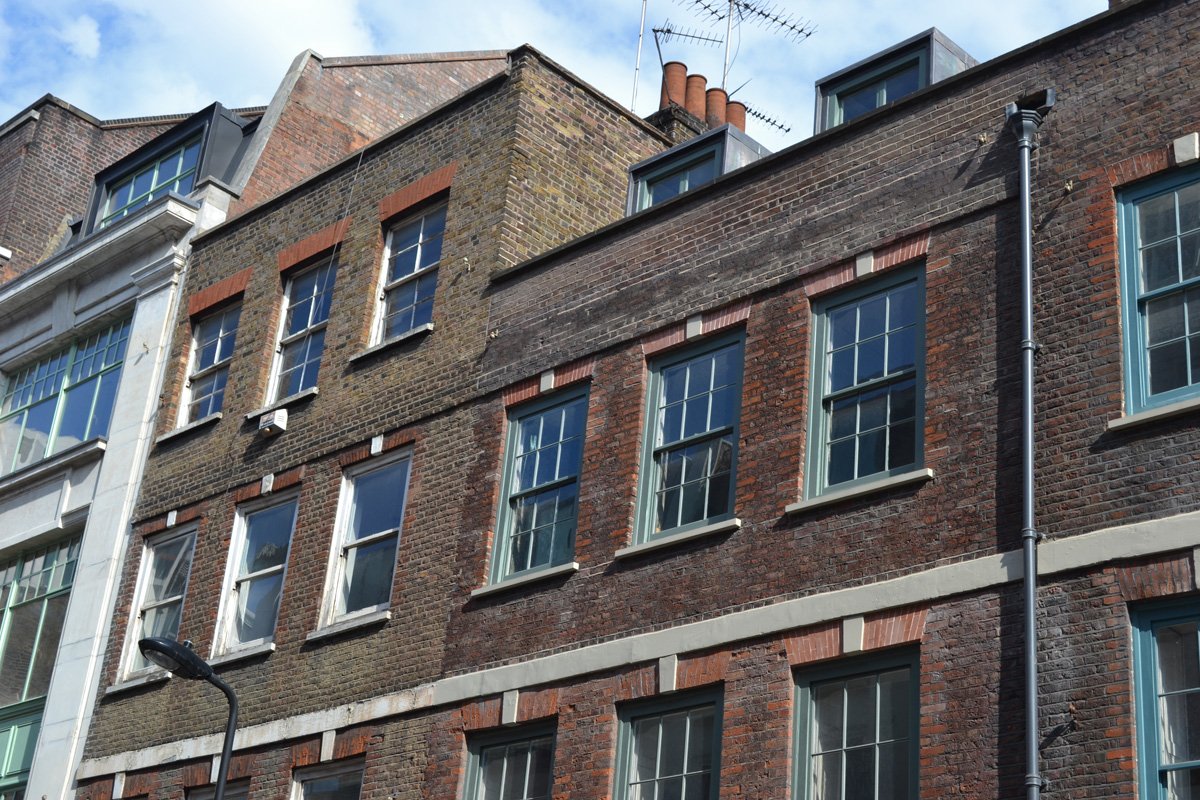
Denmark Street
Seven centuries of historic LondonThe Denmark Street Conservation Area is home to London's only street with Stuart terraces on both sides. Its winding alleys and streets are an important remnant of medieval London. Thanks to Crossrail and subsequent overdevelopment, it has suffered an immense decline in the quality of the urban fabric, and is our most at-risk conservation area.
- Designated: 1984
- Significance: Medium
- Threat Level: High
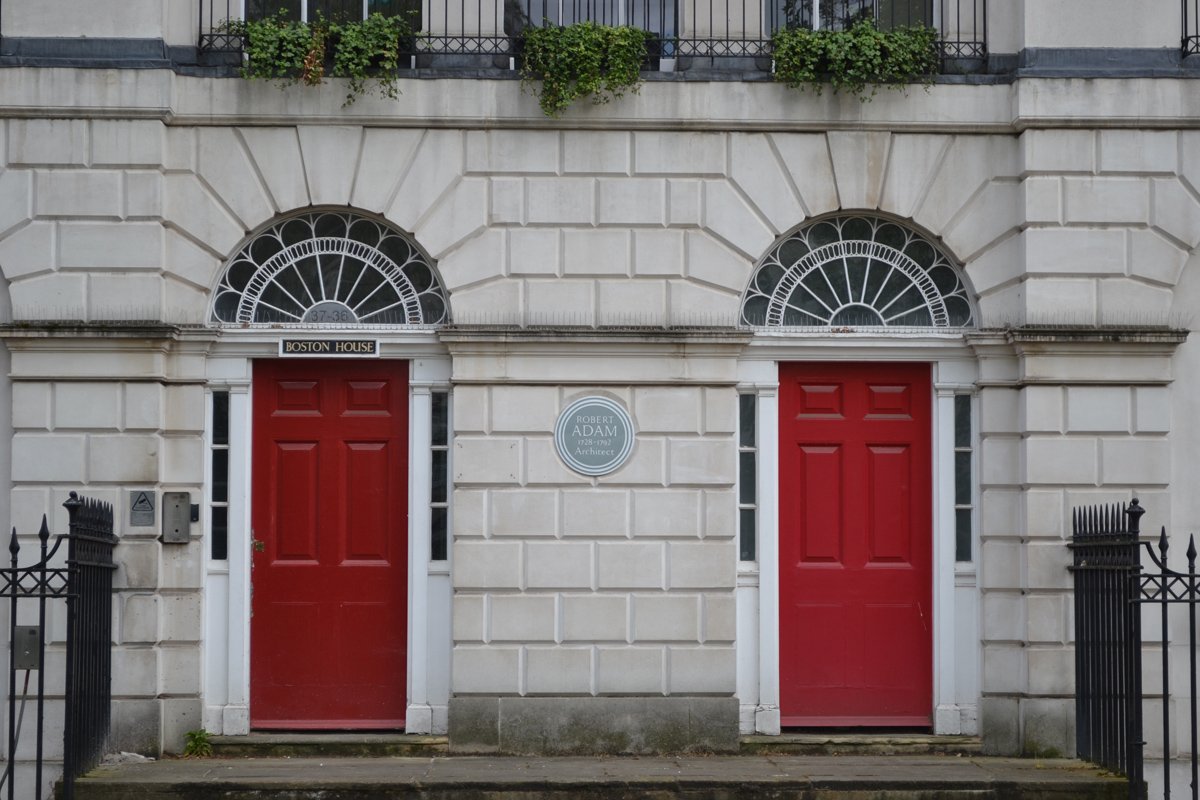
Fitzroy Square
A stately Georgian square in FitzroviaThe Fitzroy Square Conservation Area is home to a marvellous Georgian square designed by the renowned Adam Brothers. It retains some of the most consistent and well-preserved Georgian streets to be found in Central London.
- Designated: 1968
- Significance: High
- Threat Level: Low

Hanway Street
A curious backwaterThe Hanway Street Conservation Area is possibly London's smallest conservation area, comprising just two streets. Its curious winding street-pattern is an important remnant of London's pre-Georgian development.
- Designated: 1989
- Significance: Low
- Threat Level: High
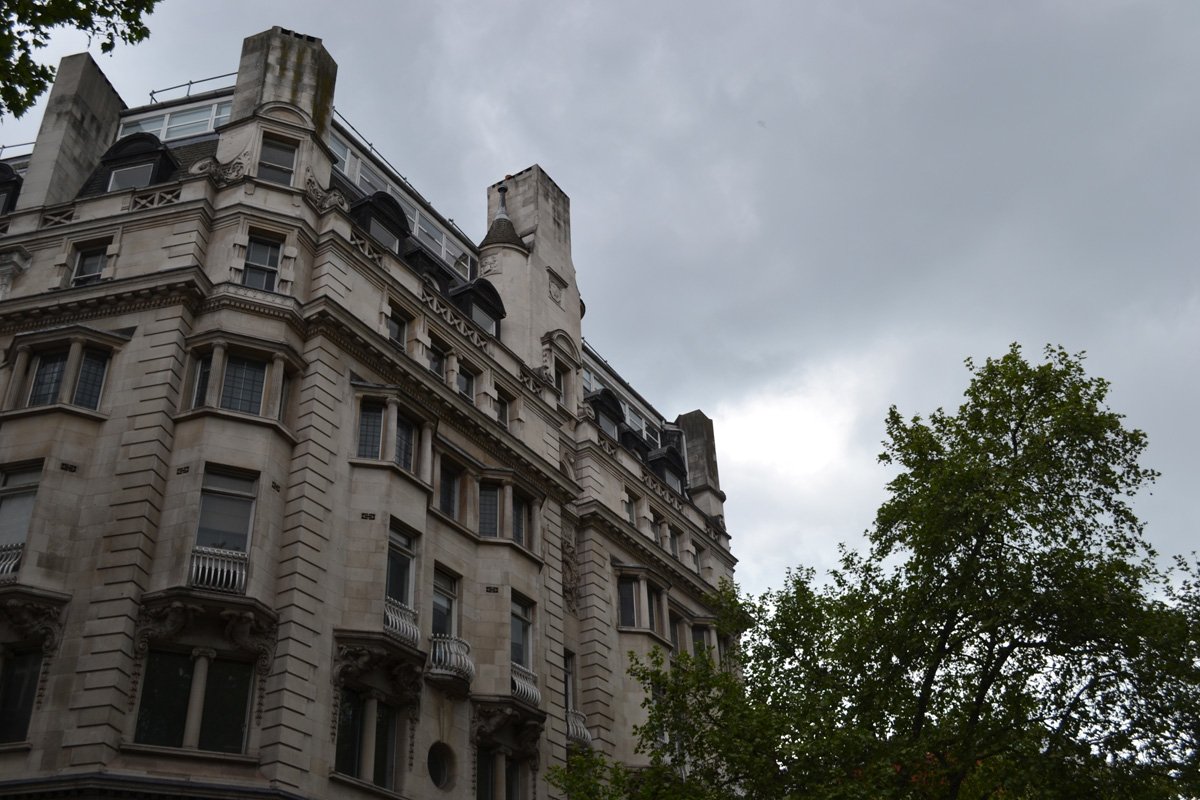
Kingsway
Edwardian commercial magnificenceThe Kingsway represents one of the most ambitious commercial building projects in London's history. It retains its Edwardian character remarkably well, although is blighted by traffic and has suffered from poor investment in the public realm.
- Designated: 1981
- Significance: High
- Threat Level: Low
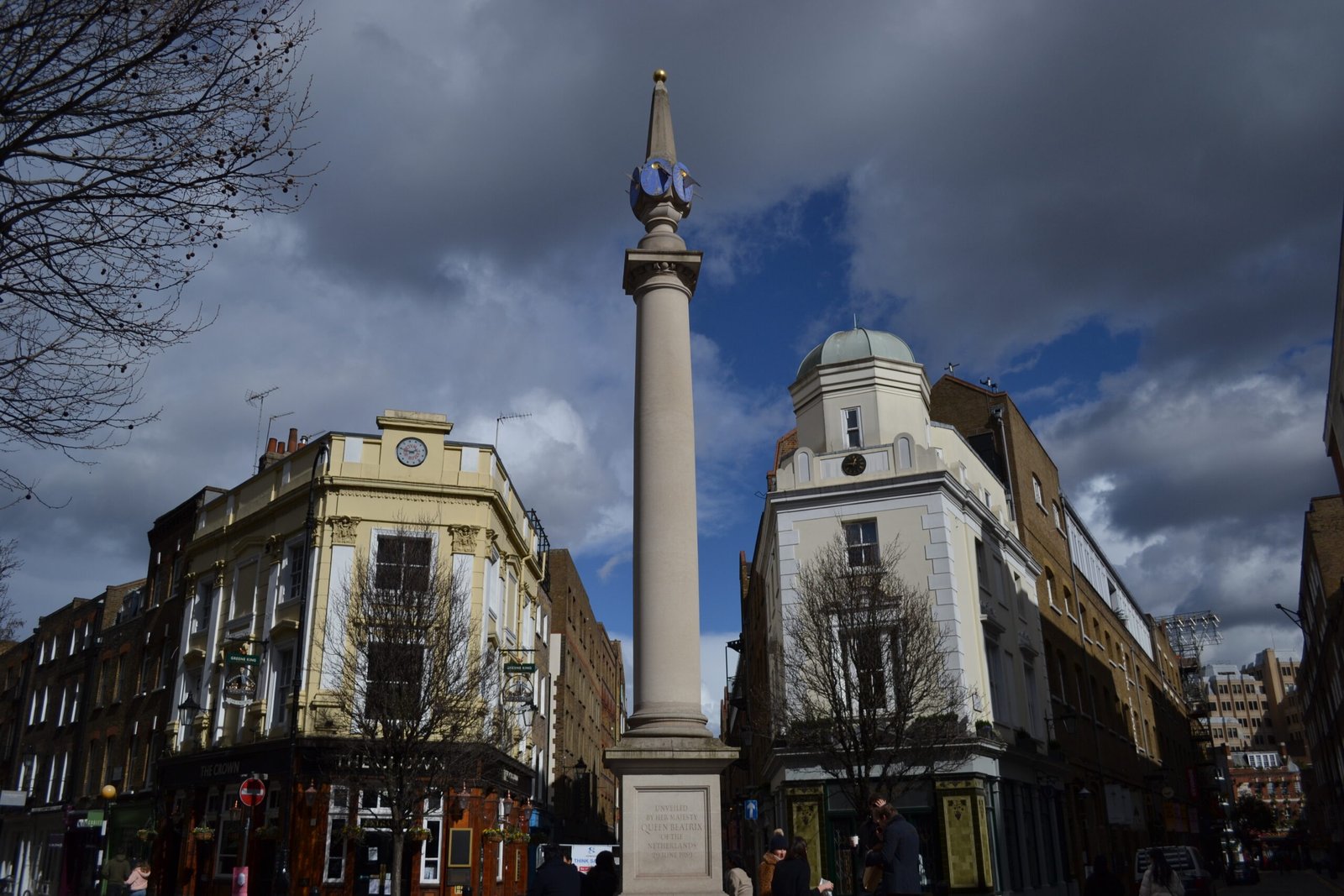
Seven Dials
An icon of heritage-led regenerationThe Seven Dials Conservation Area is an exemplar of heritage-led regeneration. After being threatened with demolition in the late sixties, the Seven Dials Trust saved the area and restored it to its former glory, and continue to curate and care for the area
- Designated: 1974
- Significance: High
- Threat Level: Low
